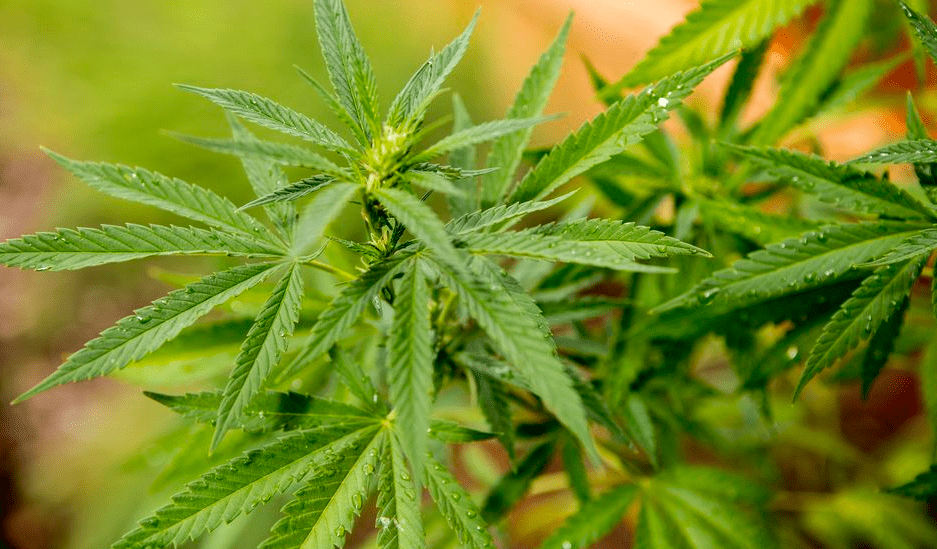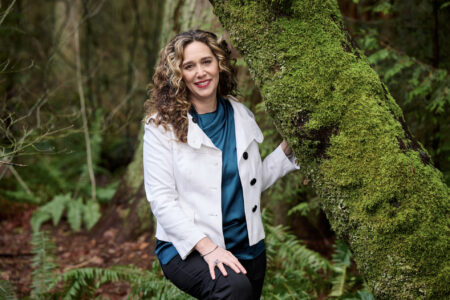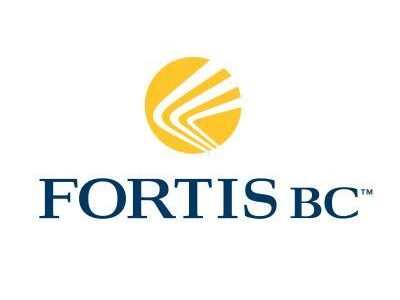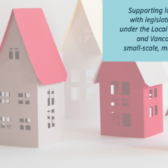Moratorium on additional recreational cannabis outlets approved by city
The city will be refusing to approve any additional cannabis outlets in Nelson until the middle of next year, implementing a moratorium on the opening of any further recreational retail businesses.
Last week city council approved the moratorium and resolved to obtain public feedback on its areas of responsibility for regulating recreational cannabis businesses prior to introducing new regulations for the city before July 2018.
If Nelson’s regulations are not in place for retail locations — read a city staff report to council — as long as retail outlets had a provincial licence they could locate anywhere in Nelson that retail was currently allowed, including all of the downtown, Railtown, along Front Street and Nelson Avenue, adjacent to the highway on the North Shore, in neighbourhood grocery stores, in a few locations along Hall Mines Road, as well as along the waterfront including Kutenai Landing and Nelson Landing.
“Although the provincial government has yet to confirm what level of regulation they will be providing for retail distribution, public consumption and personal cultivation, local governments will need to have regulations in place prior to July,” read the city staff report to council.
Currently, it is expected that a proposed zoning amendment would define recreational cannabis as distinct from other retail uses, and then identify that it is not a permitted use in any zone in the city.
“This is an interim measure that will provide staff with the time to obtain community feedback and to get better information on the provincial regulations and model,” read the city staff report.
Staff will bring forward its proposed regulations via a second zoning amendment and other regulations that will address zoning, business licensing and possibly the Clean Air bylaw.
The moratorium — achieved by making changes to the zoning bylaw — will only be in place until the provincial legislation and regulations are passed into law and the city has completed its community consultation process and developed its own regulations.
In addition to the moratorium a public engagement strategy will be instituted in order to consult with the public and key stakeholder groups and bring forward regulations for approval by July 2018 “that reflect community feedback and are consistent with the federal and provincial regulations and objectives.”
Going out to the people
When the city first drafted zoning and business licensing for medicinal retail cannabis outlets it had committed at that time to consult with the community prior to finalizing zoning and other relevant bylaws for the proposed sale of cannabis.
The city plans to host open houses in January and February to draw feedback from the community, and will also be contacting “key stakeholder” groups to identify the best way for them to provide feedback.
A variety of public engagement opportunities will be available, ranging from specific events that people can attend, to being able to provide feedback from one’s own home.
Towards that end the city will be looking to hire a facilitator to work with staff to fully develop the public engagement strategy and undertake the public engagement events.
In addition the city will be developing a feedback form — available online and at stakeholder meetings — where staff will be reviewing and looking for public input on:
- regulations required for businesses operating within the city;
- regulations relating to public consumption; and
- regulations relating to personal cultivation,
As well, the city’s own website will provide access to the feedback form, current information on legislation regarding recreational cannabis and opportunities for public engagement.
City staff will review and summarize the feedback and present the findings back to the community in March. During the following three months (April to June), staff will review the final feedback, develop regulations based on the feedback and take these forward to council for approval prior to July 2018.
The federal bill
In April 2017 the federal government introduced Bill C-45 to legalize recreational cannabis in July 2018. The federal bill outlines a framework for regulating cannabis production and sets standards for health and safety, establishing criminal prohibitions, and clarifying what aspects of cannabis regulation will be the responsibility of the provinces.
The proposed Cannabis Act seeks to achieve the following objectives:
- restrict youth access to cannabis;
- protect young persons by prohibiting promotion or enticements to use cannabis;
- enhance public awareness of the health risks associated with cannabis;
- deter and reduce criminal activity by imposing serious criminal penalties for those breaking the law, especially those who provide cannabis to young persons;
- protect public health through strict product safety and quality requirements;
- provide for the legal production of cannabis to reduce illegal activities;
- allow adults to possess and access regulated, quality-controlled, legal cannabis; and,
- reduce the burden on the criminal justice system.
— Source: City of Nelson
At the local level
Municipal governments will be able to provide additional regulations in the following areas:
- Retail sales: similar to alcohol the province likely will issue licenses and be primarily responsible for enforcement. The province may put in rules such as restricting co-location with other products such as alcohol, proximity to schools, to retail liquor outlets or possibly each other.
- Local governments’ zoning bylaws will apply as to locations, proximity to schools, parks, youth centres, each other, liquor outlets, numbers etc. Local governments will also have business licensing authorities.
- Public consumption: the province will regulate and establish penalties which will likely be modeled on existing tobacco or liquor regulations. Local government will likely be able to put in further restrictions if it is modeled after tobacco — similar to the city’s existing Clean Air bylaw.
- Personal cultivation: a four-plant limit per household has been set at the federal level; the province has the right to lower but not increase this limit. The province may also put in further restrictions such as public visibility and security requirements and add administrative penalties. It is unclear whether local governments will be able to add further restrictions.
— Source: City of Nelson

























